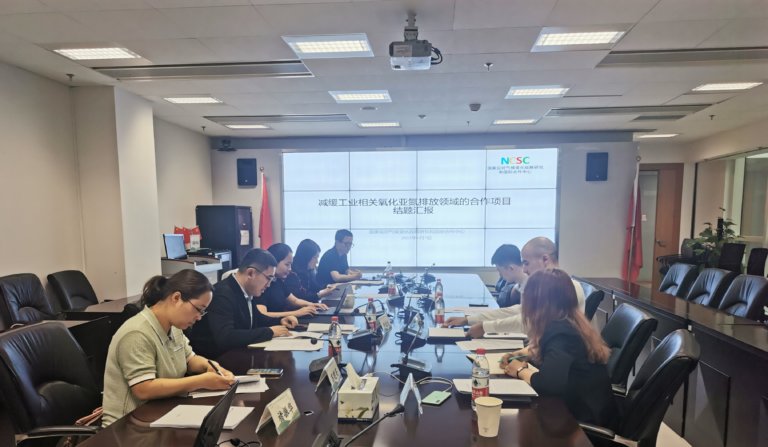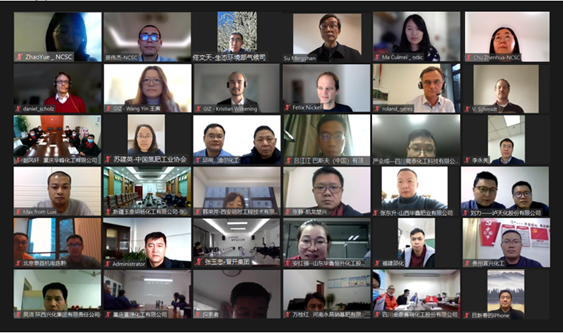28 November – 02 December 2016 and 05-09 December 2016 – In order to further prepare local officials and their supporting institutions for participation in the upcoming national Emissions Trading Scheme, the Sino-German project “Capacity Building for the Establishment of Emissions Trading Schemes (ETS) in China” initiated a series of interactive workshops consisting of four intensive trainings, lasting one week each, in China.
The Chinese Government has made climate protection and the transition to a low-carbon economy a main priority. Three key themes define the collaboration of the Deutsche Gesellschaft fuer Internationale Zusammenarbeit (GIZ) and National Centre for Climate Change Strategy and International Cooperation (NCSC) in this regard. These include the specific implementation of the 13th Five-Year Work Plan regarding “Control of GHG Emissions” issued by the State Council and the “Notice on Implementing the Key Work of China’s National ETS” issued by the National Development and Reform Commission (NDRC), as well as the improvement of overall capacity building on national ETS at provincial level.
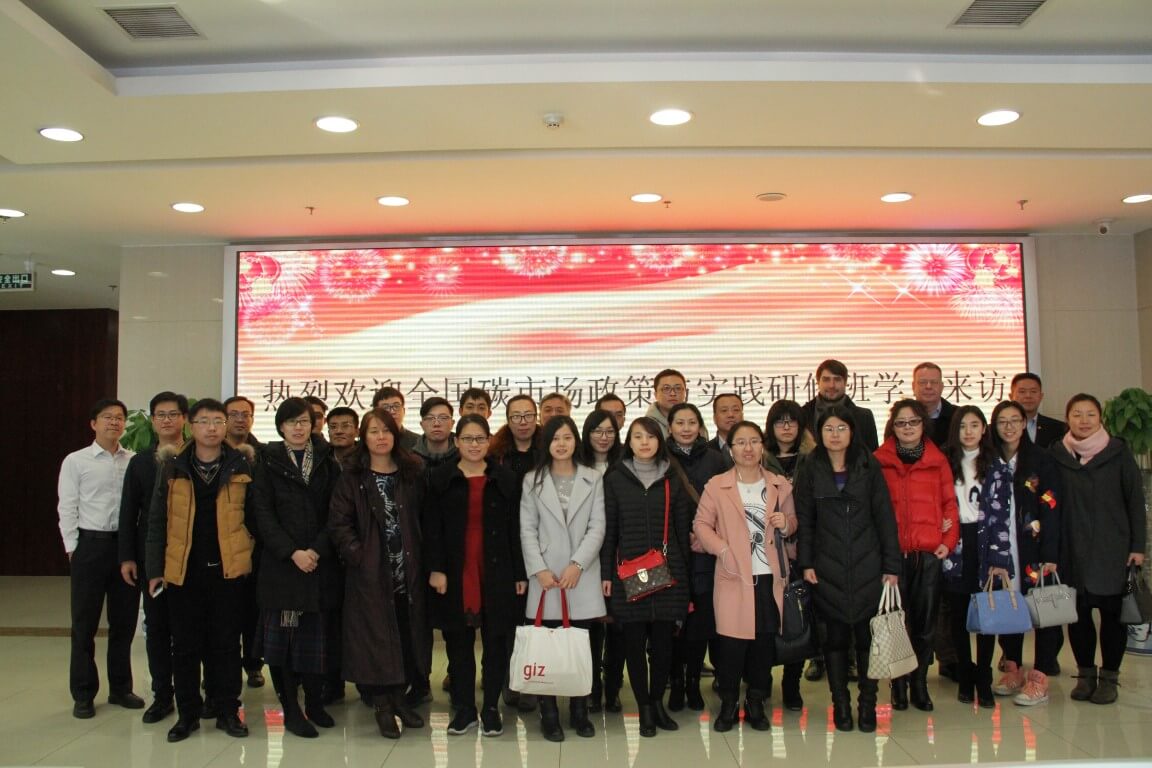
To encourage further familiarisation with these topics and as part of the efforts to support China’s transition into a low-carbon economy, GIZ and NCSC invited experts from both Europe and China to participate in the first two training sessions in Beijing on November 28 to December 2, 2016 and in Guangzhou from December 5 to 9, 2016. As the participant pool consisted of representatives from these two and surrounding provinces, the workshops were designed to cater to the needs and questions of participants from different backgrounds and expertise.
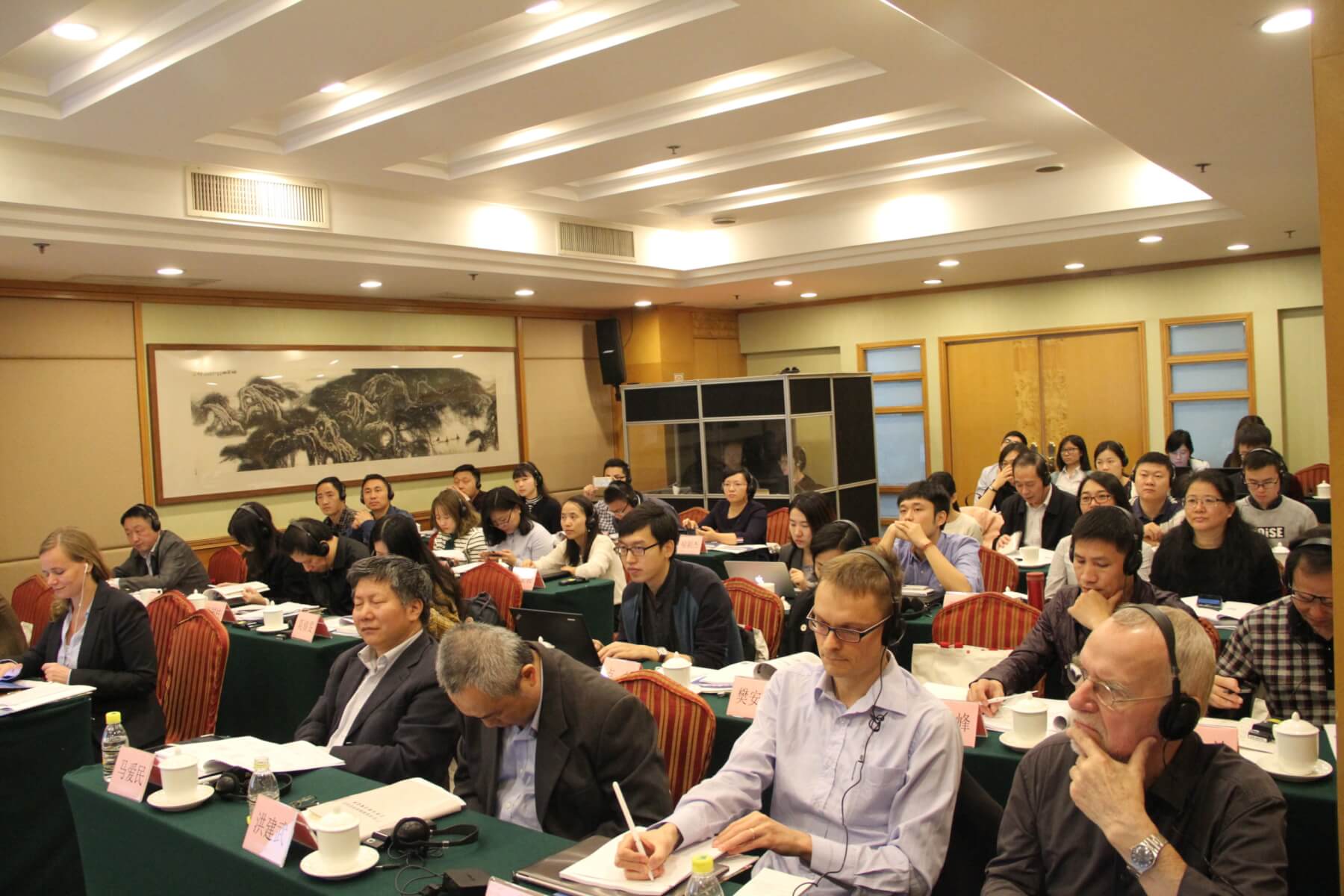
The main objective of this intensive workshop was to present the participants with an in-depth introduction to ETS as a tool. Focussing on general operation and specific elements, and putting particular emphasis on the practical implementation. Combining discussions, practical experience sharing sessions and mock trading exercises, participants could engage in an interactive and fruitful exchange.
By bringing together a mix of experts with backgrounds ranging from governmental agencies to consulting agencies and stock exchanges, the different elements of ETS were discussed from various perspectives. This provided participants with the opportunity to form a more comprehensive and application-oriented approach to ETS. The interactive carbon trading session enabled participants to work together with experts, discuss real-life situations and strategies for asset management over a three-year period. The simulation allocates allowances and assets to various players in an ETS system and guides them through realistic market-based situations. The game put theory into practice and thereby gave participants the opportunity to experiment with different strategies. During the simulation, participants were able to put the theoretical knowledge that they had acquired during the week of training into practice, while gaining insights into how a carbon market operates within a specific timeframe.

Adding to the interactive nature of the intensive training, visits to the respective Carbon Exchanges were an essential part of the training agenda in both Beijing and Guangzhou. Here, the participants were introduced to market oversight rules and regulations, the different market participants as well as trading products and services.
In Guangzhou, experts and participants had the chance to visit and tour the Huarun Power Plant gaining a practical understanding of the application of ETS guidelines in direct exchange with practitioners that were able to respond to concerns and questions participants had. Participants and experts alike gave very positive feedback, highlighting specifically the more practical approach to ETS, as being very helpful to put the abstract knowledge into context.
This intensive training turned into a platform for participants and experts to discuss the latest regulations of national ETS, mitigation options, best practices from the EU-ETS and Chinese ETS pilot regions and explore ways to integrate ETS methodologies into business operations.
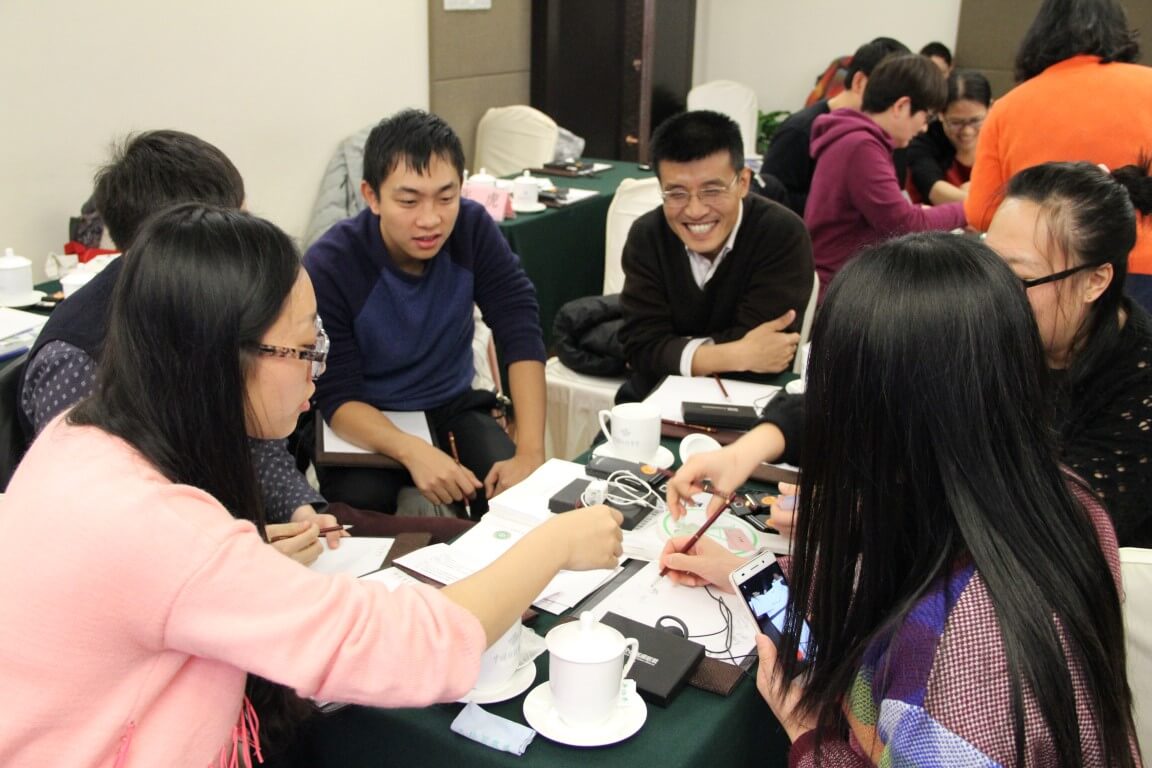
A motivated and eager participant group in both Beijing and Guangzhou made these sessions a productive collaboration, where open discussions were possible. Optimistic feedback was given from participants who now feel prepared to take part in the upcoming ETS and begin their own exploration and preparation.
In continuation of the successful workshops in Beijing and Guangzhou, two further interactive trainings will take place in Hangzhou and Chengdu during the last two weeks of March 2017.
